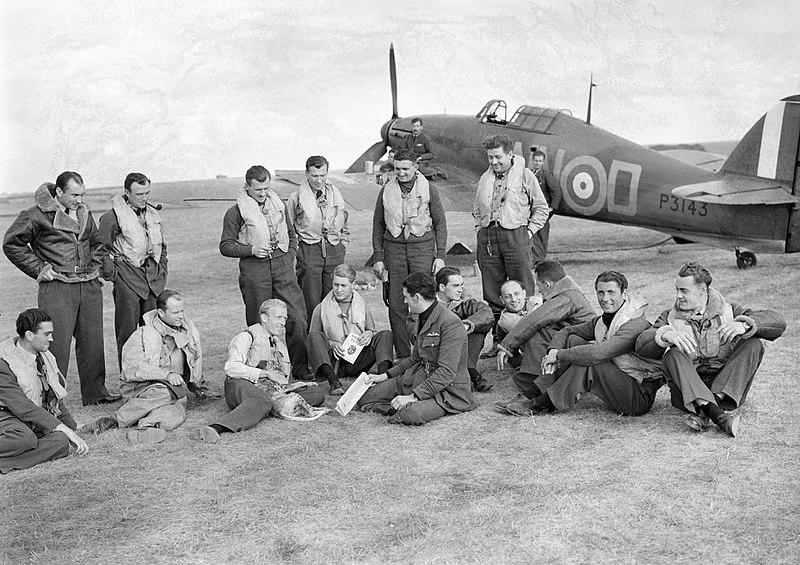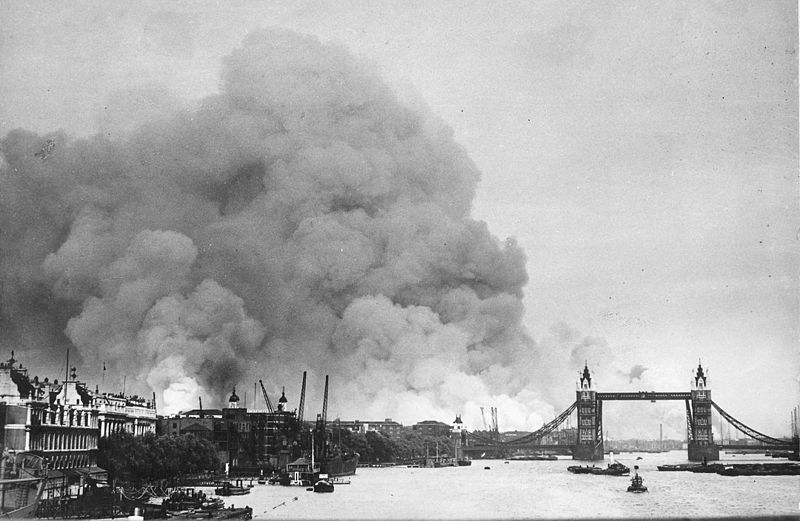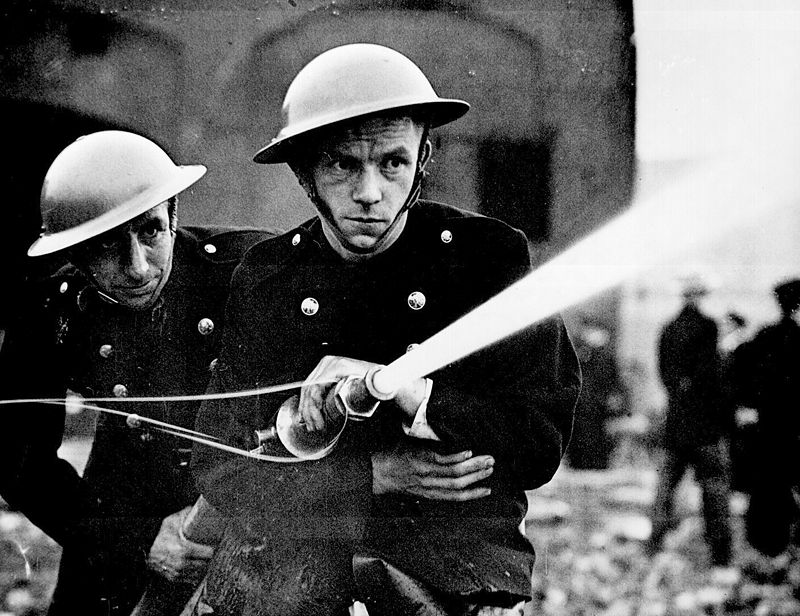Battle of Britain


The Battle of Britain (German: die Luftschlacht um England, "the Air Battle for England") was a military campaign of the Second World War, in which the Royal Air Force (RAF) and Fleet Air Arm (FAA) of the Royal Navy defended the United Kingdom (UK) against large-scale attacks by Nazi Germany's air force, the Luftwaffe. It has been described as the first major military campaign fought entirely by air forces. The British officially recognise the battle's duration as being from 10 July until 31 October 1940, which overlaps the period of large-scale night attacks known as the Blitz, that lasted from 7 September 1940 to 11 May 1941. German historians do not accept this subdivision and regard the battle as a single campaign lasting from July 1940 to June 1941, including the Blitz.
The primary objective of the German forces was to compel Britain to agree to a negotiated peace settlement. In July 1940, the air and sea blockade began, with the Luftwaffe mainly targeting coastal-shipping convoys, ports and shipping centres, such as Portsmouth. On 1 August, the Luftwaffe was directed to achieve air superiority over the RAF, with the aim of incapacitating RAF Fighter Command; 12 days later, it shifted the attacks to RAF airfields and infrastructure. As the battle progressed, the Luftwaffe also targeted factories involved in aircraft production and strategic infrastructure. Eventually, it employed terror bombing on areas of political significance and on civilians.
The Germans had rapidly overwhelmed France and the Low Countries, leaving Britain to face the threat of invasion by sea. The German high command recognised the logistic difficulties of a seaborne attack and its impracticality while the Royal Navy controlled the English Channel and the North Sea. On 16 July, Hitler ordered the preparation of Operation Sea Lion as a potential amphibious and airborne assault on Britain, to follow once the Luftwaffe had air superiority over the Channel. In September, RAF Bomber Command night raids disrupted the German preparation of converted barges, and the Luftwaffe's failure to overwhelm the RAF forced Hitler to postpone and eventually cancel Operation Sea Lion. The Luftwaffe proved unable to sustain daylight raids, but their continued night-bombing operations on Britain became known as the Blitz.
Historian Stephen Bungay cited Germany's failure to destroy Britain's air defences to force an armistice (or even an outright surrender) as the first major German defeat in World War II and a crucial turning point in the conflict. The Battle of Britain takes its name from the speech given by Prime Minister Winston Churchill to the House of Commons on 18 June: "What General Weygand called the 'Battle of France' is over. I expect that the Battle of Britain is about to begin".
Gallery



















0 comments
Sign in or create a free account